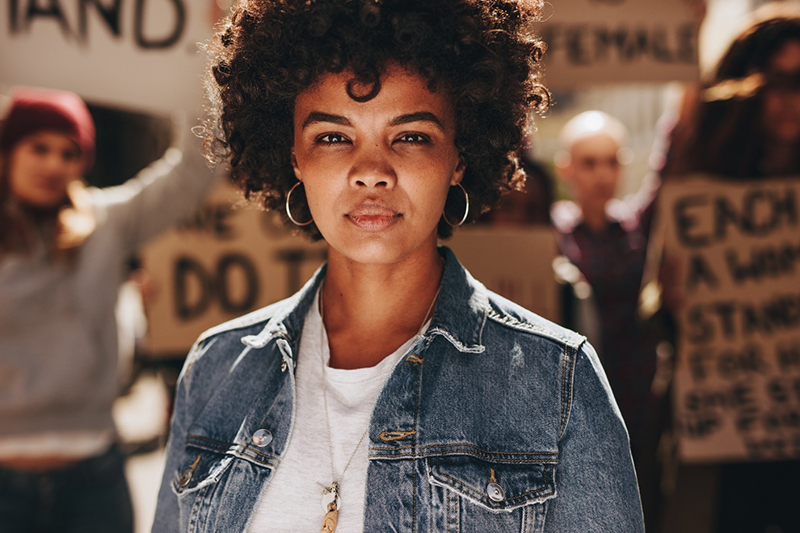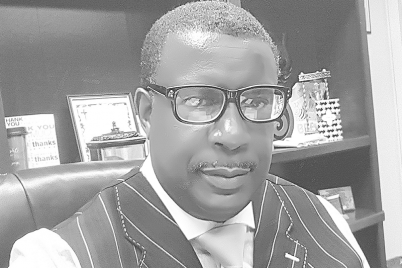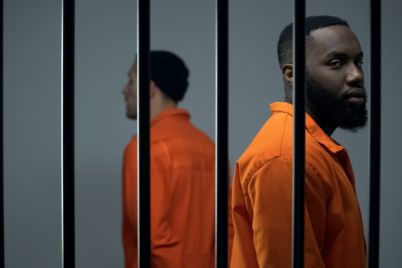A Black psychologist’s call to action addressing the trauma of racism, murder, injustice and death in America
By April M. Jackson-James, Ph.D., Licensed Psychologist
I want to begin this statement by making two things crystal clear upfront:
- Police brutality has been going on for generations, and I hope that this is the point in history where we turn a lens on the problem and stop tolerating it.
- Looting and harming others is wrong. Full stop. I do not support destroying community businesses by lashing out in rage. However, as a psychologist, I know that people who experience significant, ongoing, relentless trauma sometimes lash out in rage.
When I look at our nation in these times, what I see through my “psychologist lens” is trauma. I see people of color who are suffering anxiety, depression, and hopelessness, unsure who they can trust and having little to no opportunity for respite or release. Yet through their exhaustion, they continue to fight for justice.
I see allies fighting to understand their neighbors and crawling out of their “safe spaces” to stand boldly alongside others fighting for the soul of America.
I saw people from various races exploding in anger and anarchy (most recently in Atlanta when a Wendy’s restaurant was burned following the murder of Rayshard Brooks). Watching the news, I recognize that some of these violent incidents are strategic and coordinated, preying on youth’s rage and feeding on the hopelessness of despair.
And others? They are youth exploding in anger, mistrusting “the process,” believing in violence and chaos, and actually feeling hopelessness and despair, fighting wildly, lashing out aimlessly at the world that keeps its knee on their necks.
I see the traumatized running away — taking flight from conflict and asking the decades-old question: “Can’t we all just get along?” Or worse, devaluing their traumatized neighbors’ pain by dismissing their real and justified struggles because their expressions and demands do not come in an appropriately non-confrontational form that can be easily ignored.
And I see would-be allies frozen on the sidelines wondering what they could possibly do with historical, systemic problems that seem so large and out of their reach of influence.
But as I said earlier, what I see across our nation is trauma. A quick Google search shows us that trauma is defined as “a deeply distressing or disturbing experience.”
Similarly, psychological trauma is defined as “…overwhelming distress that exceeds one’s ability to cope…”
Does this sound familiar? Since the death of Trayvon Martin in 2012, we have watched eight years of overwhelmingly distressing murders perpetrated by vigilante citizens or government actors on the police force, many with a cell phone or police camera video footage.
Let me repeat that, we have watched multiple live murders with very little consequence meted out to the murderer. We have watched the police and vigilante citizens get away with murder. We have watched!
Do you see where I am going? We have been co–victimized. We have witnessed real-life violence with no ability to experience the relief of justice, a satisfying ending where right wins, and the bad guy goes to jail.
We have been overwhelmed with impotence. We have been left with no ability to cope. We have been traumatized as a nation, and the result is predictable, we respond as humans always respond to uncontrollable, frightening events.
We respond with fight, flight or freeze.
This is a three-part article. The second segment will explain the process our brains go through during trauma, and the final segment will talk about what we can do about it as a community. In the meantime, please understand that racism — our national original sin — has resulted in all of us experiencing historical trauma.
You are not exempt if you are not Black; your traumatic stress response may just be different from mine. But as each generation experiences another wave of hate — meaning that each generation experiences another uptick in the return of collective American trauma symptoms — here we are again.
Here we are again feeling our forefather’s pain, fighting our forefather’s fights, and taking the same old sides that our forefathers took —repetitive, predictable, untreated trauma reactions.
 Founder of the Metamorphosis Life Revitalizing Center in Tampa, Dr. April M. Jackson-James is a highly-skilled, licensed psychologist with a passion for God, family, and family therapy. For more information, visit betteronpurpose.com.
Founder of the Metamorphosis Life Revitalizing Center in Tampa, Dr. April M. Jackson-James is a highly-skilled, licensed psychologist with a passion for God, family, and family therapy. For more information, visit betteronpurpose.com.








